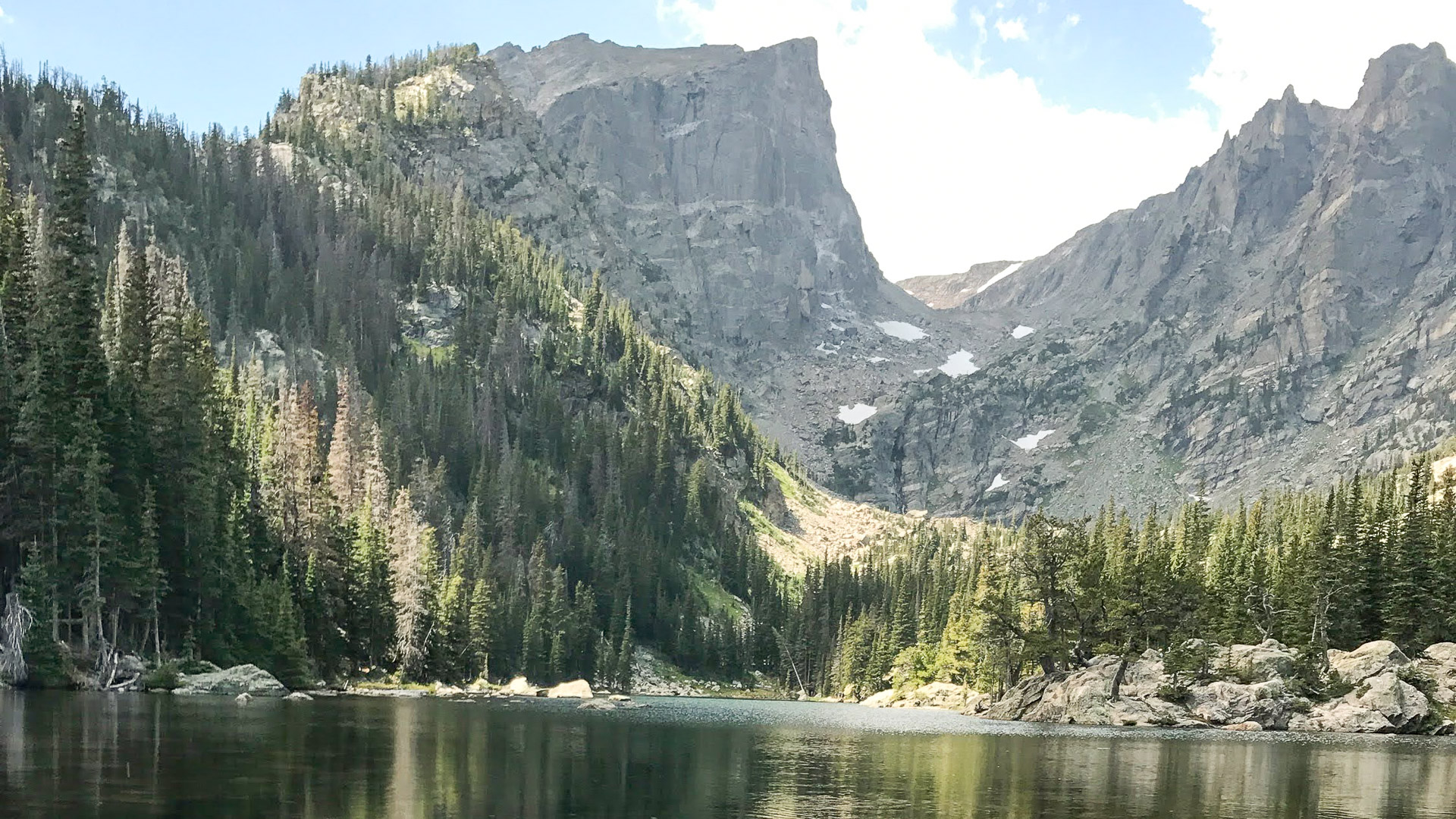
Between gas, food, souvenirs and more, a trip to a state or national park can really add up. Add in the entrance fee and lodging and expenses more than double. Thankfully, there are some widely and lesser-known ways you can save some money when visiting a state or national park. Here are seven of those ways.

Visit At Off-Peak Times
While entrance fees are standard at most parks throughout the year, off-peak times mean discounts in some areas. Lodging is one of the biggest places to save when visiting a park at an off-peak time of year. Private tours and other activities may be discounted as well. Check to see when the off-peak time is for the park you want to visit. It may not be winter based on locale.
Take Advantage Of The Free Days
Every year, the national park system offers five days when patrons can visit national parks and monuments with no entrance fee. Typically, these days fall on national or other holidays related to the park system. You can find the current list of free dates on the National Park Service’s website.
States also offer free days, typically based on the day a state joined the union (became a state). Some state parks are free every day. Missouri does not charge admission to any of its state parks. In Montana, state parks are free to cars with Montana license plates. The state of New Jersey made state beaches and parks free for the summer for locals and tourists. Many state parks in Alabama are free to visit, as are state parks in Illinois (beaches are $1 in Illinois). Check your local state parks website for more details on admission and free days. Some national monuments and sites are also free of charge to visit. Check the website of where you want to visit to see if there is a charge to visit.

Make The Most Of Free Programming
Once you are in a state park, national historical area, monument or national park, most of the programming within the parks is offered for free. Interpretive hikes, night sky presentations and angler programs are just some of the free programming often led by rangers. What animals inhabit a park? Who lived on the land before it became a national park? How did the canyons and sand dunes form? All these questions can be answered by attending a free event at the sites. Some programs may require you to register ahead of time, so be sure you look into that, as well as a park entrance reservation.
Many sites, monuments and parks (even state) offer free Junior Ranger programs (some, like Yellowstone, charge a small fee) that challenge visitors to explore the park, attend ranger programs and learn about the history, plant and animal life of the area. Once the book is completed (the number of activities to complete is based on age), it can be turned in at a visitor center to receive a free badge (or a patch that costs a few dollars).

Go Annual
It may be a big up-front cost, but buying an annual national parks pass allows you entrance into parks, seashores and monuments. Monuments that charge a fee often charge per visitor versus vehicle, but a park pass gets your whole vehicle in. If you can get a group together, states including Colorado offer a discount when buying state park passes in bulk (usually 20-plus) in one transaction. A call to your state parks department, or a website visit, can help guide you in buying an annual state parks pass.

Check Into Library Programs
With a little planning ahead, a visit to a state park can be free for many residents by making a trip to the library. States including Colorado, Georgia and California offer state park passes that you may check out ahead of time to visit a state park. The reservation process will differ between library branches, so check with your local branch to see how to check out a pass to visit a state park free of charge.

Special Entrance Passes
Did you know that there are national park passes offered at discounts for military and Gold Star families, seniors, volunteers with 250 documented hours and those with verified permanent disabilities, including autism? For a small $10 processing fee, those with permanent disabilities can get a lifetime pass to the national parks. Seniors qualify for a lifetime pass for a one-time cost. Passes for military and Gold Star families are free (plus a $10 processing fee if obtained online).
Do you have a fourth-grader? Did you know they get a free parks pass for the year along with a permit to cut down one Christmas tree in a participating national forest? Check here to learn more about the Every Kid Outdoors program.
Entrance passes are also offered at the state level to military, seniors and those with disabilities for no charge or a reduced fee yearly or sometimes designated for lifetime. Some states, including Idaho and Colorado, offer pass discounts for low-income families. Check on the state parks website for your state for opportunities.

Other Discounts
There are other discounts out there for state parks that may not be as widely known or used. Some states offer reduced pass fees for visits during the week versus the weekend, including Arizona. Colorado is implementing a program starting in 2023 where residents can purchase a Keep Colorado Wild Pass for entrance into state parks (along with their car registration) for a reduced price of $29 (annual fee is typically $80). A little internet sleuthing or a call to your state parks headquarters may be worth the time if you can save some money.





